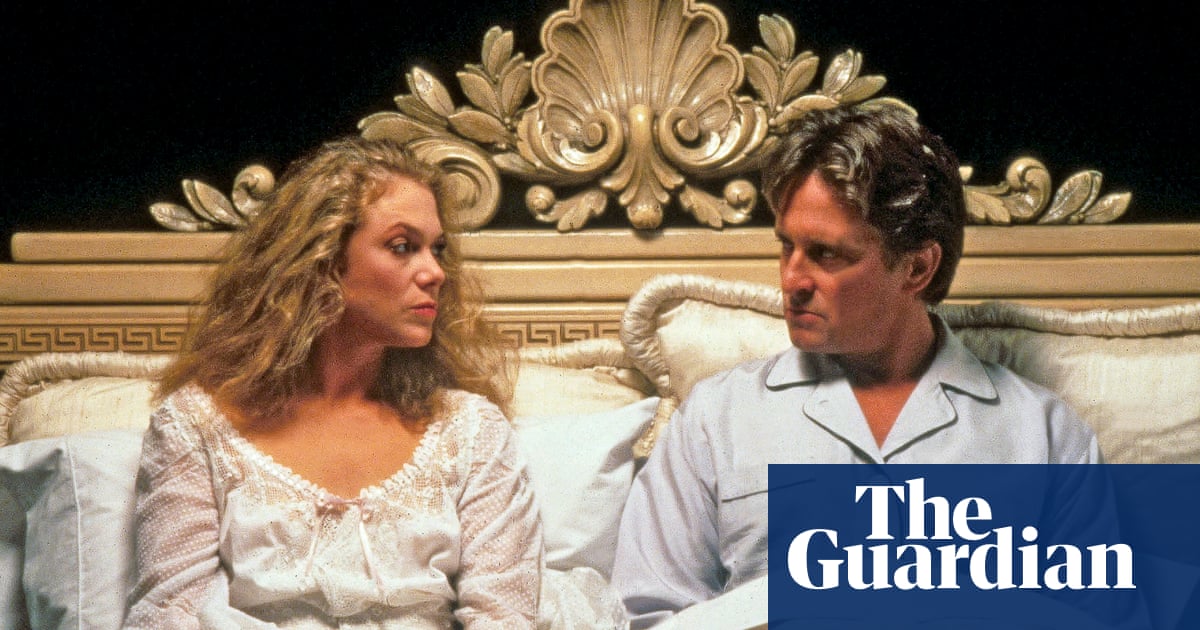
To access his dreams the surrealist artist Salvador Dalí napped while sitting on a chair, holding keys over an upturned metal plate. After he lost consciousness, the keys dropped onto the plate, jangling him awake so he could paint fresh from his unconscious. Kim Gillingham tells this story to connect her practice to the history of artistic endeavour. She is a Jungian dream coach, based in LA, who combines ideas from psychoanalysis and the method acting of the Actors Studio to, in her words: “access the incredible resource of the unconscious through dreams and through work with the body and to use that material to bring authenticity, truth and aliveness up through whatever discipline the artist is working in”.
Jane Campion sought Gillingham’s services to help conjure the forces at play in her first film in 12 years, The Power of the Dog. It’s a western adapted from Thomas Savage’s 1967 novel that riffs on themes of masculinity and stars Benedict Cumberbatch as Phil Burbank, a toxic alpha cowboy whose personality is designed to hide a secret that would have made him vulnerable in the story’s setting of 1920s Montana.
Gillingham’s work takes place during pre-production, at first going through the script looking for where subtext can be heightened, before helping an actor to develop their character in the same way. Both Campion and Cumberbatch engaged in dream work. Techniques include repeating details of a dream back and forth with a partner (“I’m in my childhood bedroom” “You’re in your childhood bedroom”) until it comes to life. “The dream begins to open itself, just by being heard back and forth like that,” says Gillingham, who credits her former teacher Marion Woodman for additional practices such as: “observing gestures or habits within the body and then inquiring around what the body might be doing”. The common thread seems to be to shift away from the conscious mind, the better to focus on what rises up in its stead.
Gillingham won’t reveal any details of what Cumberbatch and Campion went through, saying that “dream work brings up deep material for the artist to work with and, inevitably, that reveals personal truths.” But in general terms she says: “We’ve all developed personas, taken certain aspects of ourselves and hidden them away in order to walk through the world. Dreams pretty stubbornly and persistently remind us of hidden aspects of ourselves that we might do well to integrate.”
Gillingham’s work uses a psychological philosophy that has much in common with “the method” that – in cinema at least – was popularised in the 1950s via the feral magnetism of actors such as James Dean and Marlon Brando. Both dream work and method acting use characterisation as a container for “a sense memory or something that’s very personal”. Having a strong emotional relationship to their work can imbue actors with a mesmerising presence, yet they are protected from total vulnerability by the construction of a fictional character.
But drawing from parts of the self that are sublimated in day-to-day life is not a straightforward process and Gillingham says that to put the genie back into the bottle afterwards requires both training and a well-balanced ego. Saying that both Campion and Cumberbatch “have a wonderful creative ego”, she describes the former as “a lioness of an artist” while the latter is “completely open, translucent to his inner life”.
What is the value of going to such psychological lengths in service of art? To Gillingham personal dreamscapes and socio-political landscapes are linked. “In the same way that we’re having dreams to bring us to consciousness, I think we’re participating in the culture’s dreams when we go to the movies or make movies. So I’m rabidly interested in the stories that we’re telling and how the stories are coming through.”
She believes that dreams are a means to innovate beyond what the social activist and writer bell hooks defined as “the white supremacist, patriarchal capitalistic culture”. There is a freshness to what lurks in the unconscious that is both raw and new. “If I’m only repeating what I’ve already seen,” says Gillingham, “I am repeating a dominant narrative over and over again. If I have the ability to drop into the unconscious and bring through – even if I don’t understand it fully – some kind of new material, I probably have a new narrative. I believe this is the case with The Power of the Dog.”












